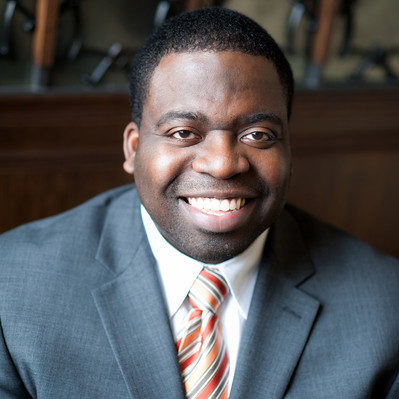US Senator Bernie Sanders is a Socialist. Plain and simple. Although he caucuses with the Democrats, he has to fund raise and organize and staff his campaigns without aid from the DNC. Politically, he is not bound by loyalty to any party so he can effectively stake out his Socialist ideals, propose socialist bills and even criticize the Democratic President without worrying about losing organizational or financial support.
Ron Paul today is a Republican. He runs for office as a Republican. (He never won office as a Libertarian although he ran for President in 1988 as a Libertarian). He caucuses with them and he gets support from the RNC, NRCC and The Republican Party of Texas. In practice and platform he disqualifies himself as the standard barer for Libertarians. From Paul’s website:
Congressman Ron Paul of Texas enjoys a national reputation as the premier advocate for liberty in politics today.
Liberty /?lib?rt?/ (Noun):
1. freedom from arbitrary or despotic government or control.
2.freedom from external or foreign rule; independence.
3. freedom from control, interference, obligation, restriction, hampering conditions, etc.; power or right of doing, thinking, speaking, etc., according to choice.
4. freedom from captivity, confinement, or physical restraint: The prisoner soon regained his liberty.
5. permission granted to a sailor, especially in the navy, to go ashore.
There is a stark contrast between the definition of liberty (specifically #3) with the delegate strategy being employed by Paul’s campaign for the Republican US Presidential Nomination. Since Paul can’t win the Republican nomination or clout for his platform by winning majorities of popular vote at state levels, he is running a campaign within a campaign to secure a stronger position in the Republican Party. The Paul 2012 campaign is flooding precinct, district and state conventions to secure delegates. The Republican Party’s voters prefer Romney, Santorum, and Gingrich over Paul. That’s their choice. Paul’s campaign is using the GOP’s convention nominating rules to secure delegates intent on ignoring the popular voters’ preference when given the chance
Rep. Ron Paul’s campaign has been sending its supporters into state GOP conventions to fight for slots as delegates to the Republican National Convention in Tampa. This weekend, they had success in Nevada and Maine.
In Nevada, Mitt Romney had won the state’s February caucuses with more than half the vote. But Mr. Paul’s supporters nonetheless captured a majority of the delegate posts, which were assigned at the state convention this weekend.
Of the state’s 28 delegates to be sent to Tampa, 22 are known Paul loyalists, the Las Vegas Sun reported.
State GOP rules require many of these Paul supporters to vote for Mr. Romney to be the party’s presidential nominee on the first ballot at the convention, reflecting his win in the caucuses. If there was a second ballot—and few expect there will be—these delegates could then vote for Mr. Paul.
In Maine, local media reported that Paul supporters wrested control of the state GOP convention and claimed a majority of delegates, though it was Mr. Romney who had won the party’s caucuses in February. Mr. Paul appears to be doing well in Iowa, as well.
Mr. Romney is all but certain to be named the party’s presidential nominee at the Tamp convention. Still, sending loyalists to Tampa could give Mr. Paul some clout, even though he has not won a single nominating contest this primary season. Among other things, the Paul campaign has said it has ambitions to write Mr. Paul’s libertarian-influenced ideas into the party platform.
It isn’t stealthy, sneaky, stealing or robbery. But it ain’t liberty either. Voters voted, their preference was clear, this campaign strategy usurps their intent. How does that make him a standard bearer for liberty?
Former NM Governor and Republican Presidential Candidate Gary Johnson, on the other hand, took the hint from GOP voters. He realized that the party he was a member of wasn’t amenable to Libertarian ideologies he believes in and went and ran as a Libertarian. Though it’s kind of like Johnson said to his former party: “You can’t fire me, I quit”, he still believes in the Libertarian ideology and has decided to align himself with Libertarian voters. Johnson is clear in understanding the Republican Party and Libertarian ideology are incompatible. Ron Paul, as he has been for years, is a Republican and has been a part of the federal government he says should be as small as possible.
